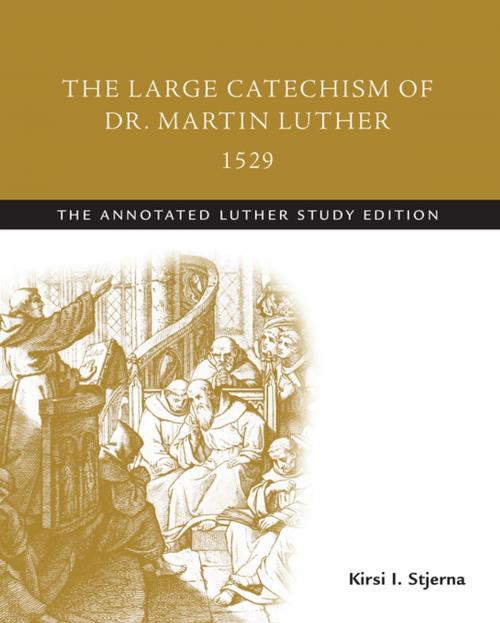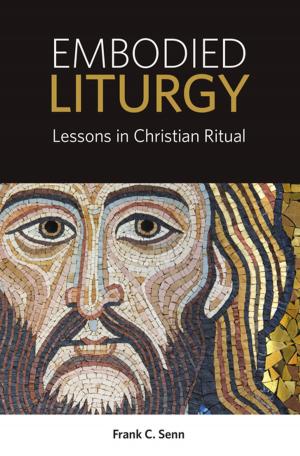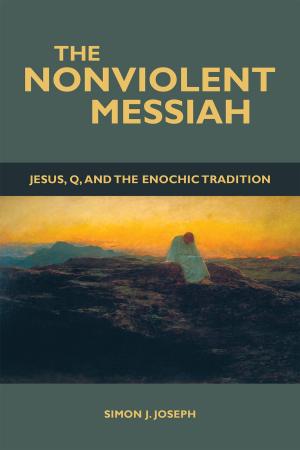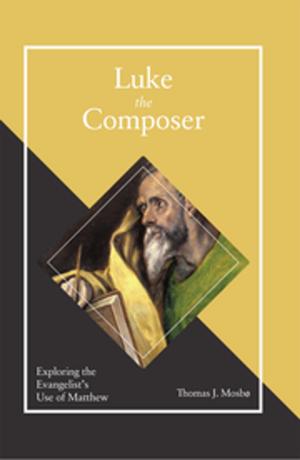The Large Catechism of Dr. Martin Luther, 1529
The Annotated Luther
Nonfiction, Religion & Spirituality, Theology, Christianity, Church| Author: | Martin Luther, Kirsi I. Stjerna | ISBN: | 9781506413563 |
| Publisher: | Fortress Press | Publication: | June 1, 2016 |
| Imprint: | Fortress Press | Language: | English |
| Author: | Martin Luther, Kirsi I. Stjerna |
| ISBN: | 9781506413563 |
| Publisher: | Fortress Press |
| Publication: | June 1, 2016 |
| Imprint: | Fortress Press |
| Language: | English |
With great detail, Kirsi I. Stjerna introduces and annotates Luther’s Large Catechism, which the reformer offered as a radical reorientation in the matters of theology and spirituality. After diagnosing what appeared to him as his church’s failures to provide proper spiritual care, Luther set out to offer a new compass for religious life. The sweeping reforms he proposed took root primarily through preaching and education as people embraced the new vision and transmitted it to their children. He believed all Christian people—laity and clergy—needed a guide to comprehend the basic biblical, creedal, and sacramental teachings. The order with which Luther proceeds in the Large Catechism is deliberate, with a distinct theological rationale; the Commandments express God’s expectations; the Creed proclaims God’s promise; the Lord’s Prayer translates law and gospel into a personal discourse with God; and the sacraments offer tangible expressions of God’s grace and signs to lean on in faith.
With great detail, Kirsi I. Stjerna introduces and annotates Luther’s Large Catechism, which the reformer offered as a radical reorientation in the matters of theology and spirituality. After diagnosing what appeared to him as his church’s failures to provide proper spiritual care, Luther set out to offer a new compass for religious life. The sweeping reforms he proposed took root primarily through preaching and education as people embraced the new vision and transmitted it to their children. He believed all Christian people—laity and clergy—needed a guide to comprehend the basic biblical, creedal, and sacramental teachings. The order with which Luther proceeds in the Large Catechism is deliberate, with a distinct theological rationale; the Commandments express God’s expectations; the Creed proclaims God’s promise; the Lord’s Prayer translates law and gospel into a personal discourse with God; and the sacraments offer tangible expressions of God’s grace and signs to lean on in faith.















